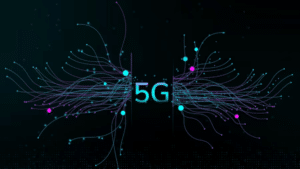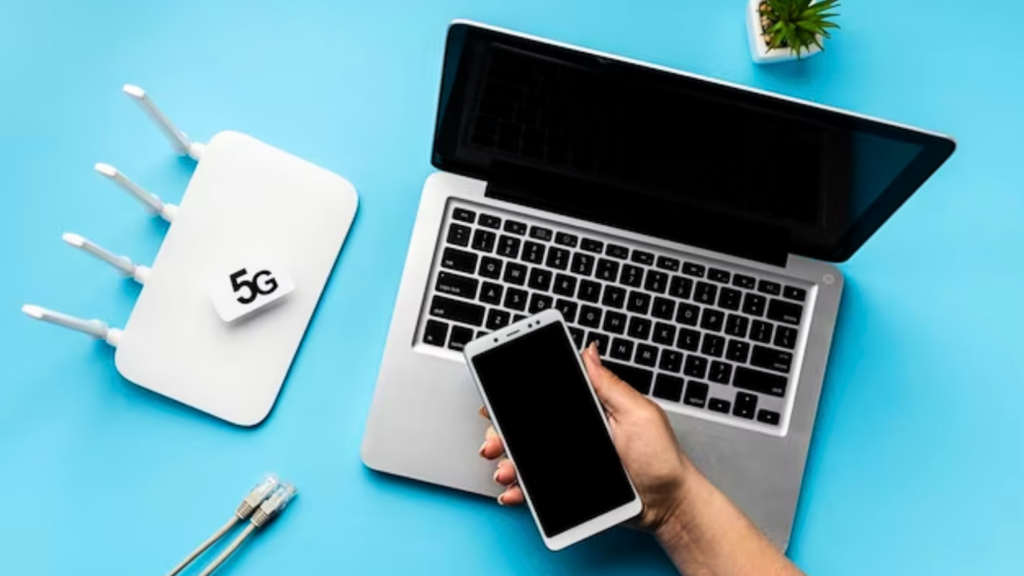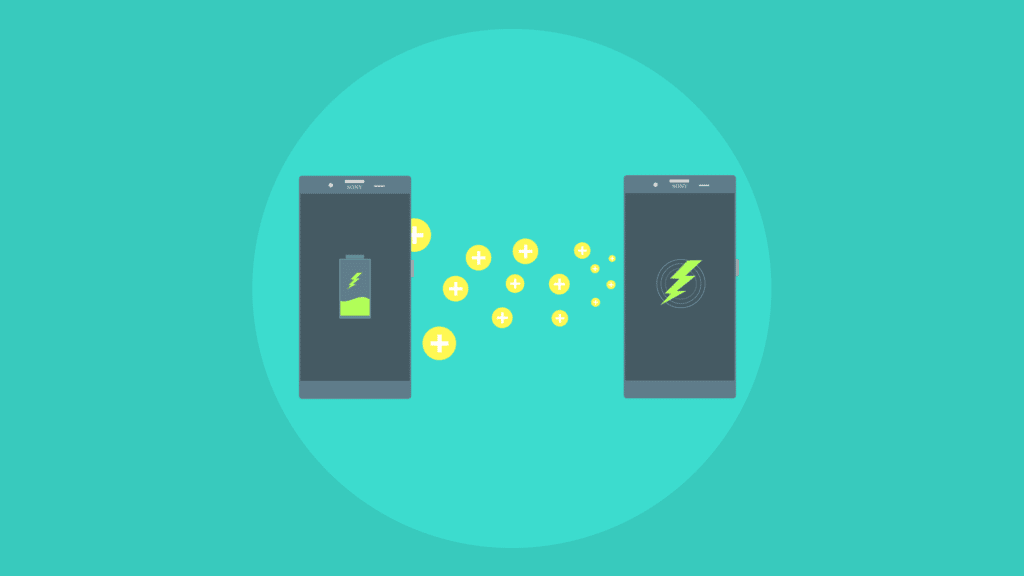As we head into 2024, the world of mobile phones continues to evolve at a breakneck pace. One of the most significant changes is the adoption of 5G technology. With faster speeds and lower latency, 5G promises to revolutionize the way we use our phones. In this article, we’ll take a look at everything you need to know about 5G mobile phones in 2024.
1. What is 5G?

5G is the fifth generation of mobile network technology. It is designed to be faster, more reliable, and more efficient than previous generations. 5G technology uses higher frequency bands and advanced antenna technologies to provide much faster data speeds than 4G networks. It also promises lower latency, which means that there will be less delay between when you request data and when it is delivered to your phone.
2. What are the benefits of 5G mobile phones?
One of the primary benefits of 5G mobile phones is faster download and upload speeds. With 5G technology, you can download large files, stream high-definition videos, and play online games with minimal lag. This is because 5G networks can provide speeds of up to 20 Gbps, which is many times faster than the average 4G network.
Related: Upcoming Future Tech Innovations
Another benefit of 5G technology is lower latency. This means that when you make a request for data, such as loading a webpage or streaming a video, the data is delivered to your phone more quickly. This is particularly important for online gaming and other real-time applications.
Finally, 5G technology promises to be more reliable than previous generations of mobile networks. This is because it uses advanced antenna technologies and multiple frequencies to provide better coverage and reduce the impact of interference.
3. How will 5G impact mobile phone design?

One of the most significant impacts of 5G technology on mobile phone design will be the need for larger batteries. This is because 5G networks require more power to operate than 4G networks. As a result, manufacturers will need to increase the size of the batteries in their phones to ensure that they can provide all-day battery life.
Another impact of 5G technology on mobile phone design will be the need for more advanced antennas. 5G networks use higher frequency bands than previous generations, which means that they require more advanced antenna technologies to provide reliable coverage. As a result, we are likely to see more advanced antenna designs in future mobile phones.
4. What are the challenges of 5G technology?
One of the biggest challenges of 5G technology is the need for more infrastructure. 5G networks require more cell towers and antennas than previous generations, which means that it will take time and money to build out the necessary infrastructure.
Another challenge of 5G technology is the potential for interference. Because 5G networks use higher frequency bands, they are more susceptible to interference from buildings, trees, and other objects. This means that it may be more difficult to provide reliable coverage in some areas.
Finally, there are concerns about the potential health impacts of 5G technology. While there is no conclusive evidence that 5G technology is harmful to human health, some people are concerned about the potential risks of exposure to higher-frequency radiation.
5. When will 5G be widely available?
5G technology is already available in some areas, but it is not yet widely available. It is expected that 5G networks will be widely available in most developed countries by 2024. However, it may take longer for 5G networks to be available in more remote areas or in developing countries.
Related: Which Phone is the best for you?
6. What are some of the 5G mobile phones available in 2024?
As of 2024, there are many 5G mobile phones available on the market. Some of the most popular 5G mobile phones include:
- Samsung Galaxy S21 5G
- iPhone 13 5G
- Google Pixel 6 5G
- OnePlus 10 Pro 5G
- Xiaomi Mi 12 5G
These phones offer advanced features and capabilities that take full advantage of the speed and low latency of 5G networks.
7. Will 5G replace Wi-Fi?

While 5G networks offer faster speeds and lower latency than Wi-Fi, it is unlikely that they will completely replace Wi-Fi. Wi-Fi networks are still important for indoor coverage, and they are generally more reliable than mobile networks. Additionally, many devices, such as laptops and smart home devices, rely on Wi-Fi for connectivity.
8. What are some of the use cases for 5G technology?

There are many potential use cases for 5G technology. Some of the most promising applications include:
- Autonomous vehicles
- Smart cities
- Virtual and augmented reality
- Telemedicine
- Industrial automation
These applications require high-speed, low-latency connectivity that 5G networks can provide.
9. Will 5G technology be expensive?
It is possible that 5G technology will be more expensive than previous generations of mobile networks. This is because 5G networks require more infrastructure and advanced technologies to provide the faster speeds and lower latency that they promise. Additionally, some mobile network providers may charge a premium for access to 5G networks.
Related: Discover the latest phone tech innovations
Final Thoughts
5G technology promises to be a game-changer for mobile phones in 2024. With faster speeds, lower latency, and more reliable coverage, 5G networks will enable new applications and use cases that were not possible with previous generations of mobile networks. While there are some challenges to be addressed, such as the need for more infrastructure and potential health concerns, the benefits of 5G technology are clear. As we move into the future, 5G will continue to shape the way we use our mobile phones and interact with the world around us.
FAQs
Will my current phone work on a 5G network?
It depends on your phone. Most newer phones are 5G-capable, but older phones may not be. Check with your phone manufacturer or mobile network provider to see if your phone is compatible with 5G networks.
How much faster is 5G than 4G?
5G networks can provide speeds of up to 20 Gbps, which is many times faster than the average 4G network. This means that you can download large files, stream high-definition videos, and play online games with minimal lag.
Are there any health risks associated with 5G technology?
While there is no conclusive evidence that 5G technology is harmful to human health, some people are concerned about the potential risks of exposure to higher-frequency radiation. However, regulatory bodies such as the FCC and WHO have stated that 5G technology is safe for human use.
How much will it cost to access 5G networks?
It is possible that 5G technology will be more expensive than previous generations of mobile networks. This is because 5G networks require more infrastructure and advanced technologies to provide the faster speeds and lower latency that they promise. Additionally, some mobile network providers may charge a premium for access to 5G networks.
What are some of the potential drawbacks of 5G technology for businesses?
Some potential drawbacks of 5G technology for businesses include the need for new infrastructure and the potential cost of access to 5G networks. There may also be cybersecurity risks associated with wireless networks, and businesses will need to invest in new technologies and tools to take full advantage of the capabilities of 5G networks.
If you like our content, please share it with others. Enjoy Reading




